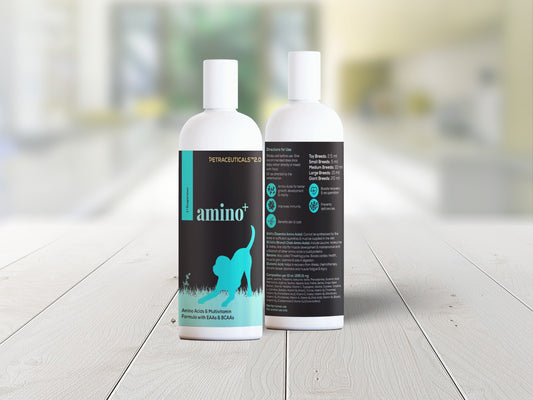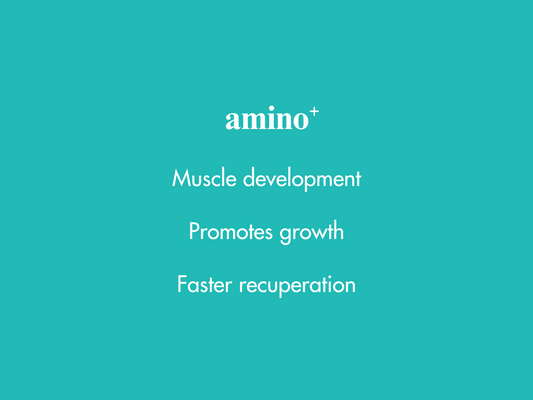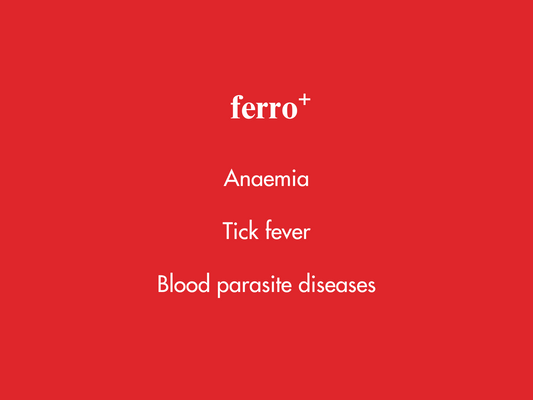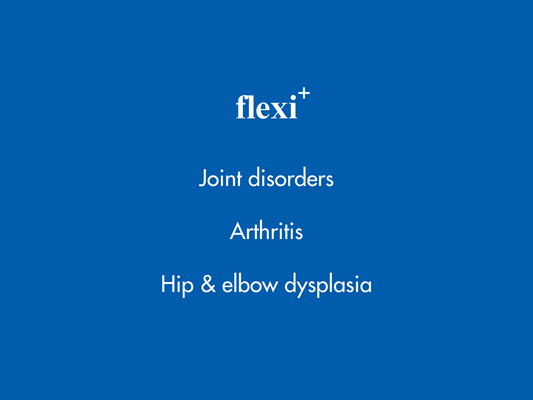Socialising your puppy is a crucial aspect of their early development and helps them become well-adjusted, confident, and friendly adult dogs. Here's a guide on how and when to socialise your puppy:
When to Start Socialising Your Puppy
Puppy socialisation should begin as early as possible. The critical period for socialisation is between 3 and 14 weeks of age. During this time, puppies are more receptive to new experiences, people, animals, and environments. However, socialisation should continue throughout your dog's life to reinforce positive behaviours and adapt to new situations.
Make sure that your puppy is vaccinated before you expose him/her to other dogs.

How to Socialise Your Puppy
1. Exposure to People: Introduce your puppy to a variety of people, including different ages, genders, and ethnicities. Encourage gentle interaction with strangers to build trust and reduce fear.
2. Other Dogs: Arrange playdates with well-behaved and vaccinated dogs, especially those of various sizes and breeds. Ensure that interactions are supervised and positive.
3. Animals: Expose your puppy to other animals like cats, rabbits, or farm animals if possible, always under controlled circumstances.
4. Different Environments: Take your puppy to various places such as parks, streets, markets, and pet-friendly stores. This helps them become comfortable in different surroundings.
5. Sounds and Sights: Expose your puppy to different sounds (traffic, sirens, children playing) and sights (bicycles, vehicles, pedestrians) to reduce anxiety in novel situations.
6. Handling and Grooming: Get your puppy used to being handled, examined, and groomed. Touch their paws, ears, and mouth regularly. This helps with vet visits and grooming appointments.
7. Training Classes: Enrol in puppy training classes that use positive reinforcement techniques. This not only provides valuable training but also allows your puppy to socialise with other dogs.
8. Positive Experiences: Ensure that all socialisation experiences are positive. Use treats, praise, and toys to reward and reinforce good behaviour. Avoid overwhelming your puppy with too much, too soon.
9. Vet Visits: Make regular visits to the veterinarian a positive experience. Take your puppy to the clinic just for a friendly visit and treats, so they associate the vet with positive things.
10. Supervision: Always supervise interactions and experiences to ensure your puppy's safety. Step in if things become too rough or stressful.
11. Consistency: Be consistent in your approach to socialisation. Gradually increase the level of challenge and exposure as your puppy becomes more comfortable.
12. Positive Reinforcement: Use positive reinforcement training techniques to encourage good behaviour. Reward your puppy when they react calmly and positively to new experiences.

Why to Socialise your Puppy?
Socialising your puppy is of paramount importance for several reasons. Early and positive socialisation experiences help your puppy develop into a well-rounded, confident, and behaviourally stable adult dog. Here are the key reasons why socialising your puppy is crucial:
1. Preventing Behaviour Problems: Proper socialisation during the critical developmental period (usually between 3 and 14 weeks) can significantly reduce the likelihood of behaviour problems in adult dogs. Dogs that are well-socialised are less likely to develop fear, aggression, or anxiety-related issues.
2. Building Confidence: Socialisation exposes your puppy to various people, animals, environments, and situations, helping them build confidence and adaptability. Confident puppies are more likely to handle new experiences with ease.
3. Reducing Fear and Anxiety: Early socialisation helps puppies become familiar with a wide range of sights, sounds, and experiences, reducing their fear and anxiety levels when encountering novel situations later in life.
4. Enhancing Trainability: Well-socialised puppies tend to be more trainable. They are better at focusing on commands and are less likely to be distracted or frightened by new environments or people during training.
5. Promoting Positive Interactions: Socialisation encourages positive interactions with other dogs, which can lead to better behaviour and reduced aggression toward other dogs in the future.
6. Preventing Aggression: Puppies that are exposed to various people and animals are less likely to become aggressive or reactive due to fear or unfamiliarity. Early socialisation can prevent aggressive behaviour problems.
7. Easier Vet Visits: Socialised puppies are generally more comfortable with handling and veterinary visits, making healthcare easier and less stressful for both the dog and the veterinarian.
8. Better Adaptation: Socialised dogs adapt more easily to changes in their environment or routine, which can be particularly helpful in situations like moving to a new home, traveling, or encountering new people.
9. Enhancing Bonding: Socialising your puppy involves spending quality time together, which can strengthen the bond between you and your pet.
10. Community Safety: Well-socialised dogs are safer for the community at large, as they are less likely to pose a threat to people or other animals. This contributes to responsible pet parenting.
11. Enjoyable Outings: Socialised dogs can accompany you on various outings, from family picnics to trips to the pet store or dog-friendly parks, making your time together more enjoyable.
12. Lifelong Benefits: The benefits of socialisation don't end in puppyhood. Early socialisation sets the stage for a well-behaved, adaptable, and happy adult dog.

Remember that every puppy is unique, and some may be more sensitive or cautious than others. Pay attention to your puppy's body language and comfort level, and adjust your socialisation approach accordingly. The goal is to create positive associations and build your puppy's confidence in various situations.
In summary, socialising your puppy is a critical aspect of responsible pet parenthood. It sets the foundation for a well-behaved, confident, and happy adult dog. By exposing your puppy to a variety of experiences and ensuring that these experiences are positive, you can help them grow into a well-adjusted canine companion that enriches your life and the lives of those around them.

 Proud to have impacted over 1 Million Happy Pet Parents since 2013.
Proud to have impacted over 1 Million Happy Pet Parents since 2013. 











